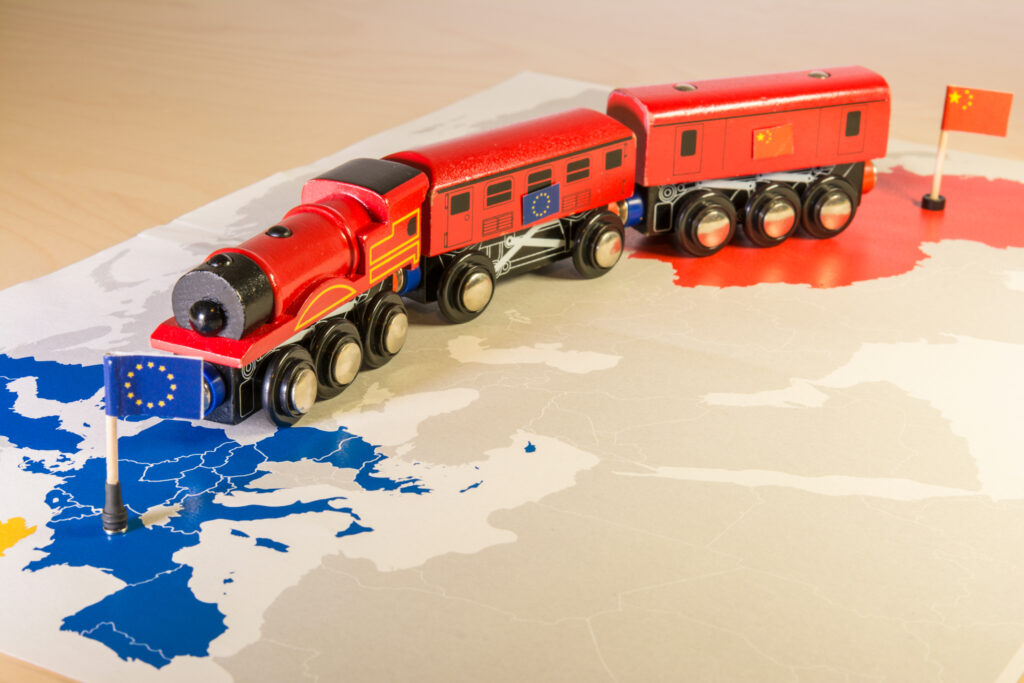Jason Douglas of The Wall Street Journal writes that a decade after its launch, China is trying to revive its sprawling infrastructure program by making it a lot less risky. He writes:
A reboot of the program is under way as Chinese leader Xi Jinping prepares to host a 10th anniversary bash for the Belt and Road Initiative in Beijing this week. The goal is to breathe new life into a project that remains central to China’s global ambitions after a rocky spell of bad debts and costly bailouts—while preventing a repeat of the excesses that contributed to those troubles in the first place.
The megaprojects of the past are giving way to smaller, more targeted deals, including in sectors such as green energy and healthcare. A bigger pool of Chinese lenders is putting up financing following a pullback in lending by China’s large policy banks. Rather than charging in alone, these newcomers are teaming up with Western banks and multilateral lenders to tap their experience in managing the risks of doling out big sums to shaky borrowers.
Representatives from more than 130 countries will attend this year’s Belt and Road Forum, according to the Chinese Foreign Ministry. But it isn’t clear which countries are sending their top leaders. Russian President Vladimir Putin has said he would attend. Neither President Biden nor leaders of Europe’s major powers are attending, reflecting souring ties but also the skepticism that has grown around the project since it began. […]
An important part of the BRI reboot, some analysts say, is how China finances BRI lending. As borrowers hit debt difficulties, loans from large lenders such as the Export-Import Bank of China and China Development Bank have shrunk in recent years, according to Boston University data.
Yet other state-owned lenders have quietly been stepping up, said Brad Parks, executive director of AidData, a research lab that tracks China’s overseas finance at William & Mary, a university in Williamsburg, Va. Often, these lenders are joining groups of foreign banks in bankrolling infrastructure projects to spread the risk if payment problems emerge.
In 2021, for instance, Bank of China and Industrial and Commercial Bank of China joined lenders including Standard Chartered, Citibank and the World Bank’s International Finance Corporation in a syndicate that lent $360 million for the development of a natural gas field in Iraq, according to AidData records.
After getting burned by bad debts, Beijing is effectively outsourcing risk management to Western lenders, said Parks.
“Beijing is trying to de-risk the BRI,” he said.
Read more here.

